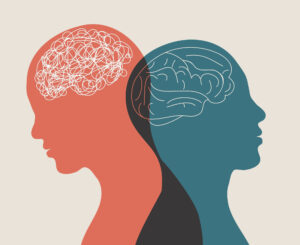Episode Summary:
The body and brain change a lot during the teen and young adult years. Knowledge about relevant health issues, and a plan to deal with them, empower young guys. Good self-health for the rest of life starts here.
Episode Guests:
Part A: Dennis Barbour ESQ, President and CEO, The Partnership for Male Youth
Part B: Leslie Walker – Harding, M.D., Professor and Chair Department of Pediatrics, Seattle Children’s, Specialist in Adolescent Medicine
During This Episode We Discuss:
- The importance of younger men developing a continuity of care. Young males have significant risk factors that can be mitigated by seeking health care.
- The Partnership for Male Youth has collected health equity issues for young males, i.e. the educational system, the juvenile justice system, thus demonstrating the importance of approaching youths where they interact and can be involved in addressing their needs.
- If you’re a parent, older friend, or sibling of a younger male, listen to this episode, so as to how to help them achieve better life outcomes.
Quotes (Tweetables):
‘It’s not unmasculine for male youth to have questions about their health.”
“In terms of the messaging and how we get the word out that it’s important for young men to take care of their health and to be aware of things that they are at risk for, that’s where we depend heavily on the advice of their peers.”
‘It’s important that we not talk down to young men.’
Dennis Barbour Esq.
“Adolescence is just a wonderful time of change, growth, realization and beginning to understand who you are in the world and who you are with your peers. That time is wonderful, but it’s also sometimes fraught with risk and reality exploration.”
“I actually talk quite a lot to the parents just before they get to this age and during this age too, talk to them about what their family believes. Every time kids are surveyed they look to their parents for answers about what’s right and not, they also look to their doctors.”
Leslie Walker-Harding, M.D.
Recommended Resources:
Episode Transcript:
Coming soon!!



